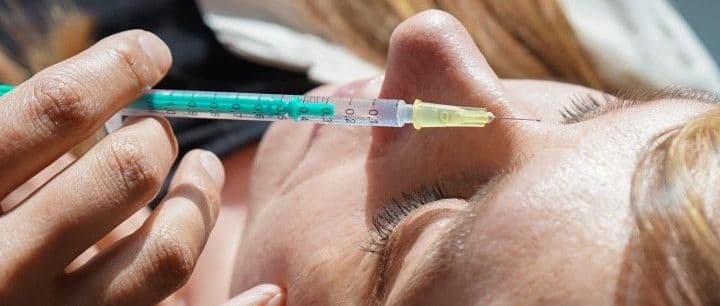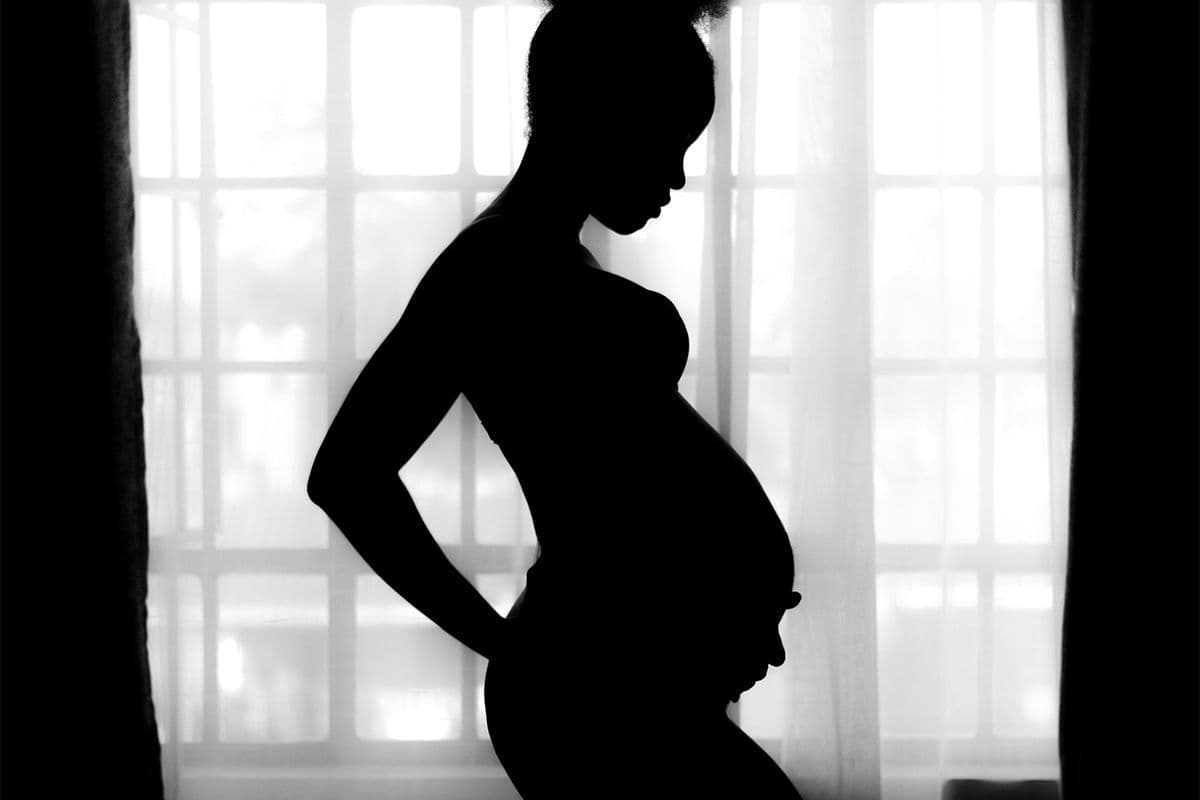Botox During Pregnancy
Lifestyle and Beauty
Obie Editorial Team

Using Botox
Botulinum toxin is produced by Clostridium botulinum, the same bacterium that causes bacterial disease botulism, and is used for medical and cosmetic treatments called Botox. A review of Botox (BtxA) during pregnancy did not recommend use during pregnancy and there is no clear association of fetal harm with maternal exposure to btxA injections.
Botox can be used to reverse the signs of aging by relaxing muscles at the site of injection. Typically, cosmetic surgeons use Botox on the face to remove wrinkles and fine lines. Other medical uses for Botox include treating Strabismus (when the eyes have trouble lining up, e.g. crossed eyes), excessive underarm sweating, muscle spasms, and uncontrolled blinking. During pregnancy, using Botox is not approved due to the sheer lack of medical research on the safety of the bacterium on fetal development.
Does Botox affect pregnancy?
In past years, doctors prescribing Botox to their patients claimed the bacterium did not affect any part of the body outside of the site of injection. According to the Journal of Neuroscience, after Botox is injected under the skin the bacterium can leech into the bloodstream where it moves through the body and eventually to the brain. Remnants of Botox were found in the brainstem just three days after being injected into the face. Cell activity was abnormal at both the injection site and sites throughout the body connected to the injection site.
Most cosmetic surgeons and dermatologists who use Botox are against using it during pregnancy. This is due to the increased blood flow throughout the body during pregnancy, the movement of the bacterium through the body could be more aggressive and thus more dangerous. In addition, during pregnancy the woman's face will typically swell which will fill in fine lines and wrinkles naturally, thus making Botox needed.
After giving birth, breastfeeding mothers should not receive Botox treatments as there is no guarantee the bacterium will not pass throughout the body and into the breast milk. Infants affected by Clostridium botulinum could suffer from an intense illness which could possibly lead to death. The effects of Clostridium botulinum on pregnant women could also be more intense due to changes in the body, increases in pregnancy hormones, and increased blood volume.












